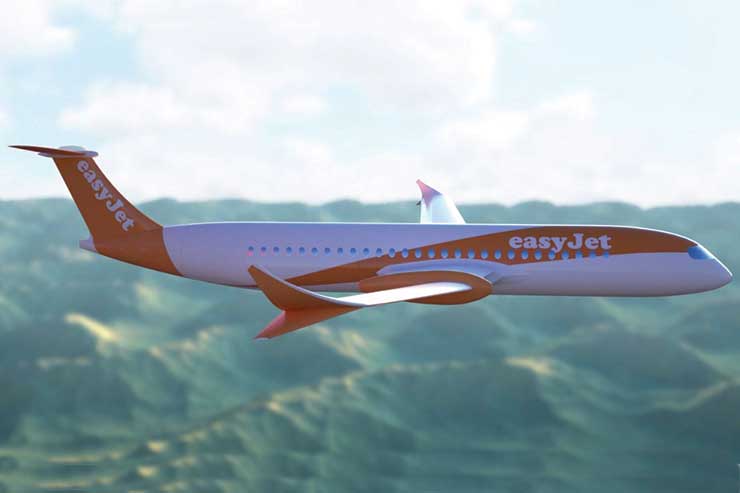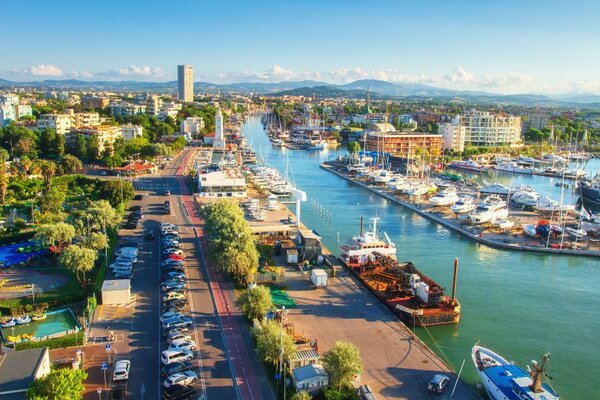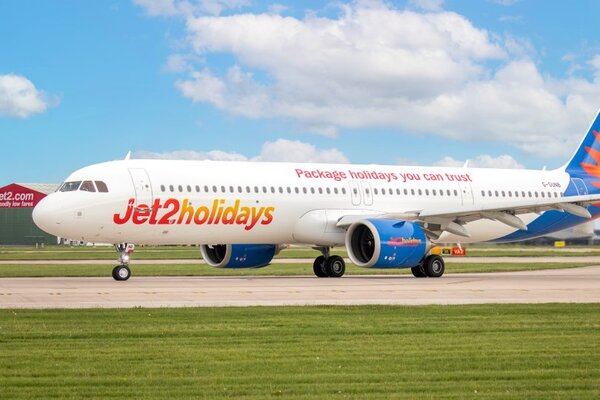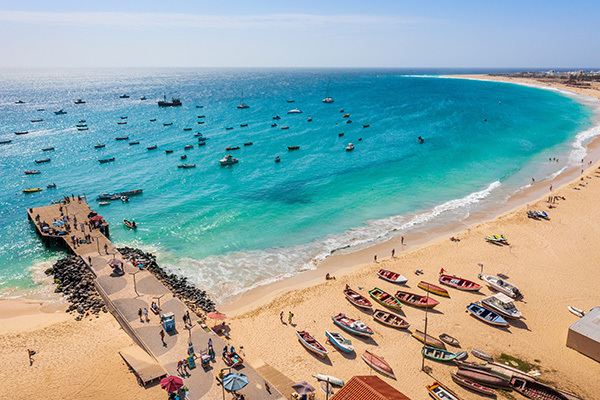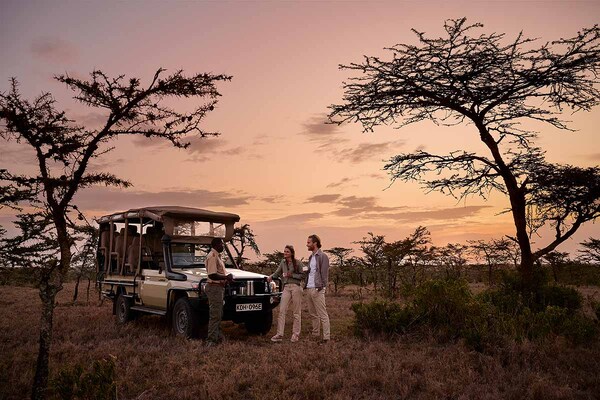EasyJet looks to electric future
 Tom Parry
Tom ParryEasyJet unveiled a range of technological advances – including plans for a fleet of electric-powered aircraft – during an Innovation Day at Gatwick last week.
EasyJet’s proposed electric-powered aircraft could have the flying range to cover a fifth of the airline’s route network.
The low-cost carrier has partnered with US engineering start-up Wright Electric, which is aiming to launch a single-aisle commercial aircraft capable of carrying at least 120 passengers within a decade.
The aircraft would be able to fly 335 miles in one leg, meaning it would be able to operate a number of easyJet’s major short-haul services including London to Paris, Brussels and Amsterdam.
Wright Electric, some of whose team members have held roles with Nasa, Boeing and Cessna, has already built a two-seater prototype and claims that electric planes will be 50% quieter and 10% cheaper for airlines to buy and operate.
The environmental benefits of electric aircraft are in line with easyJet’s mission to become greener, which has seen it cut its carbon emissions per passenger kilometre by 31% between 2000 and 2016.
Carolyn McCall, easyJet’s chief executive, said: “For the first time in my career I can envisage a future without jet fuel and we are excited to be part of it. It is now more a matter of when, not if, a short-haul electric plane will fly.”
Jeffrey Engler, chief executive and founder of Wright Electric, told the group that the firm’s partnership with easyJet was “a powerful validation” of its work. “Their insights have been invaluable as we look to commercialise our electric aircraft for the large and growing short-haul flight markets,” he added.
During the Innovation Day, director of communications Paul Moore likened easyJet’s progress in helping make an electric aircraft a reality to the position of “[electric car manufacturer] Tesla four or five years ago”.
Moore maintained that despite its investment in developing the new technology and pledge to operate it, easyJet’s pricing would not be impacted and the innovations would help reduce costs over time. “Our guarantee is that our low fares will continue,” Moore said.
He explained that easyJet had seen “a real appetite” for customers wanting a lower-emission method of air travel. “Customers are always telling us they want their carbon footprint lowered,” he said. “It does feel like there’s a race in the industry to get electric planes in the air, but we are in a good place.”
Sign up for weekday travel news and analysis straight to your inbox

Tom Parry
Supplier Directory
Find contacts for 260+ travel suppliers. Type name, company or destination.
